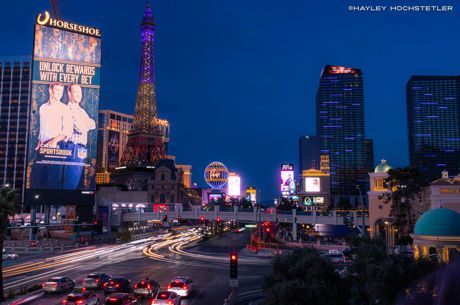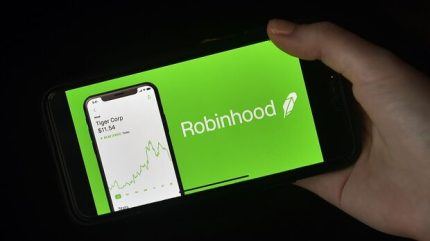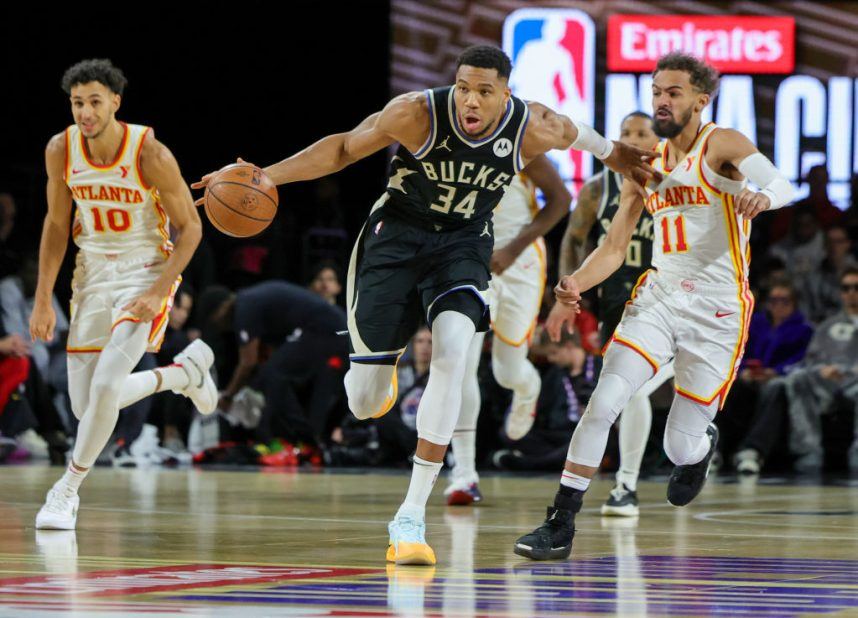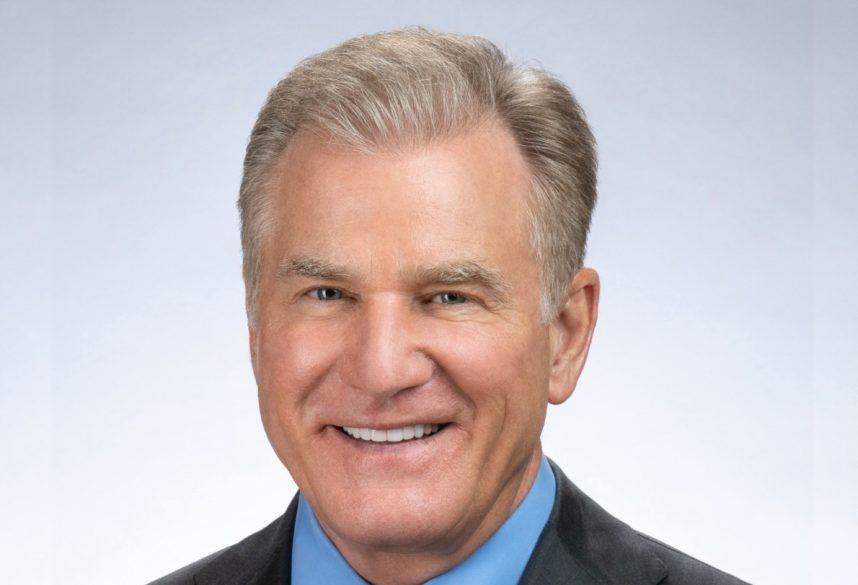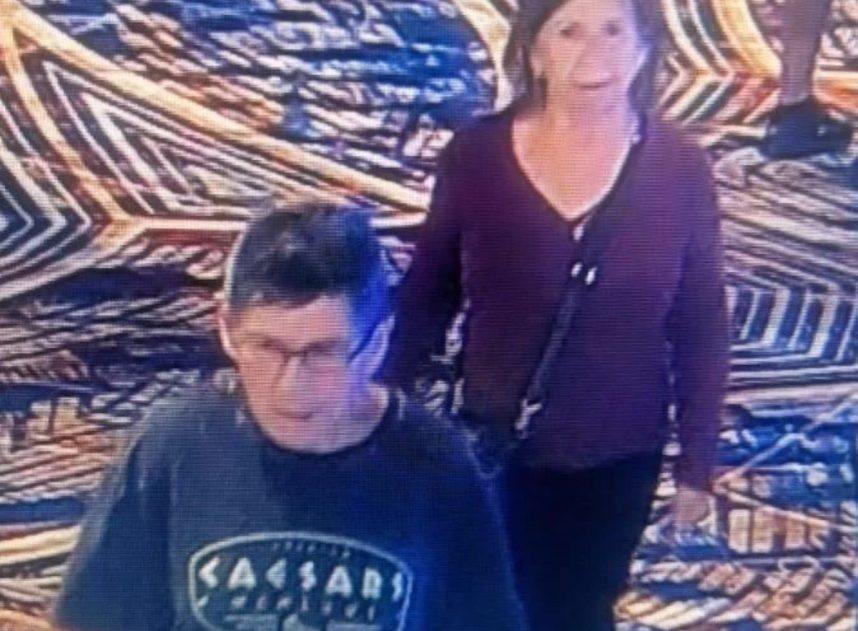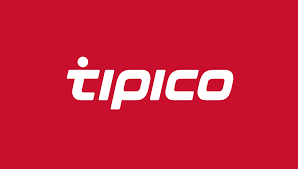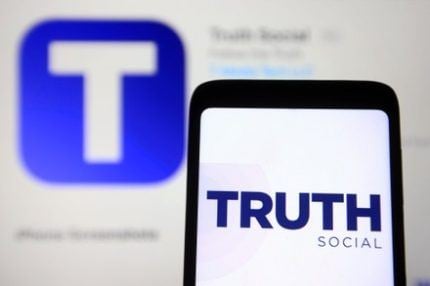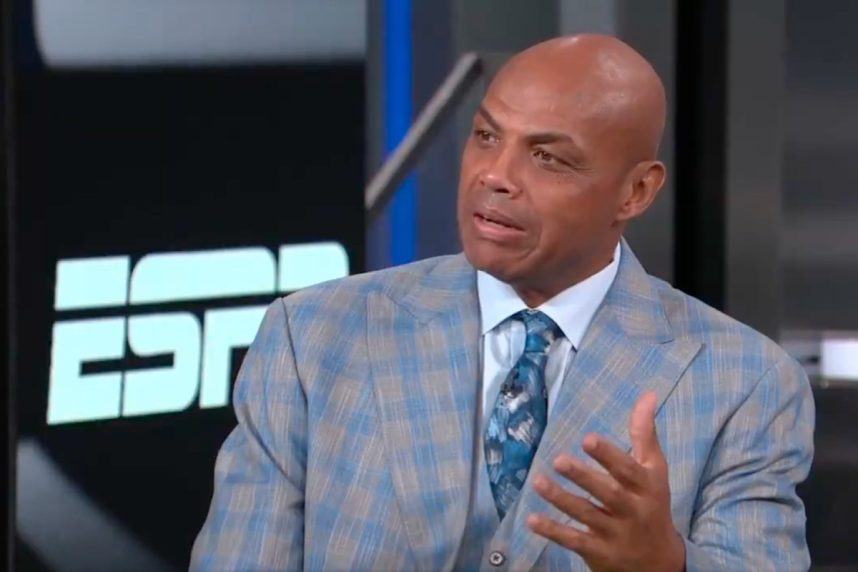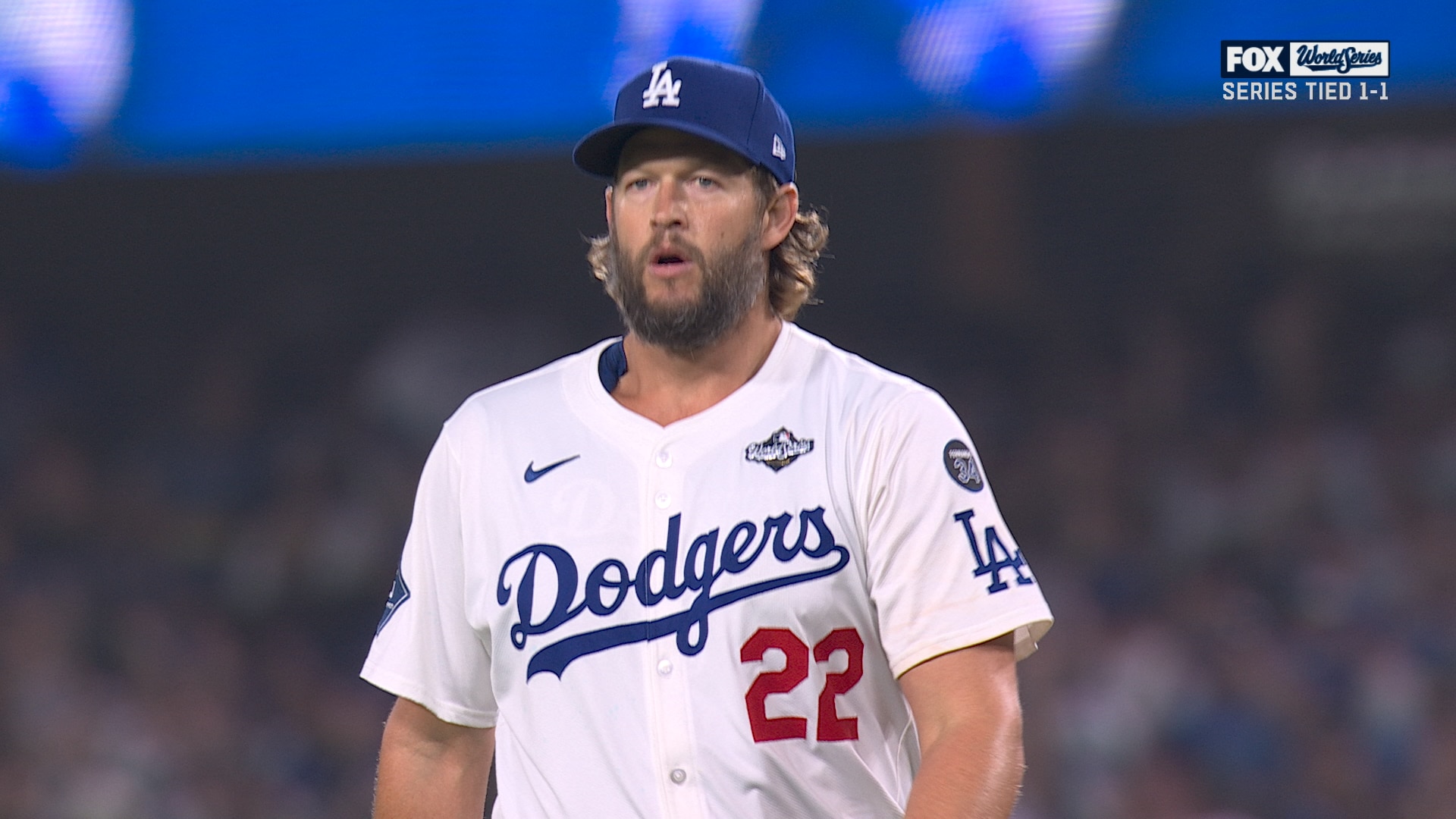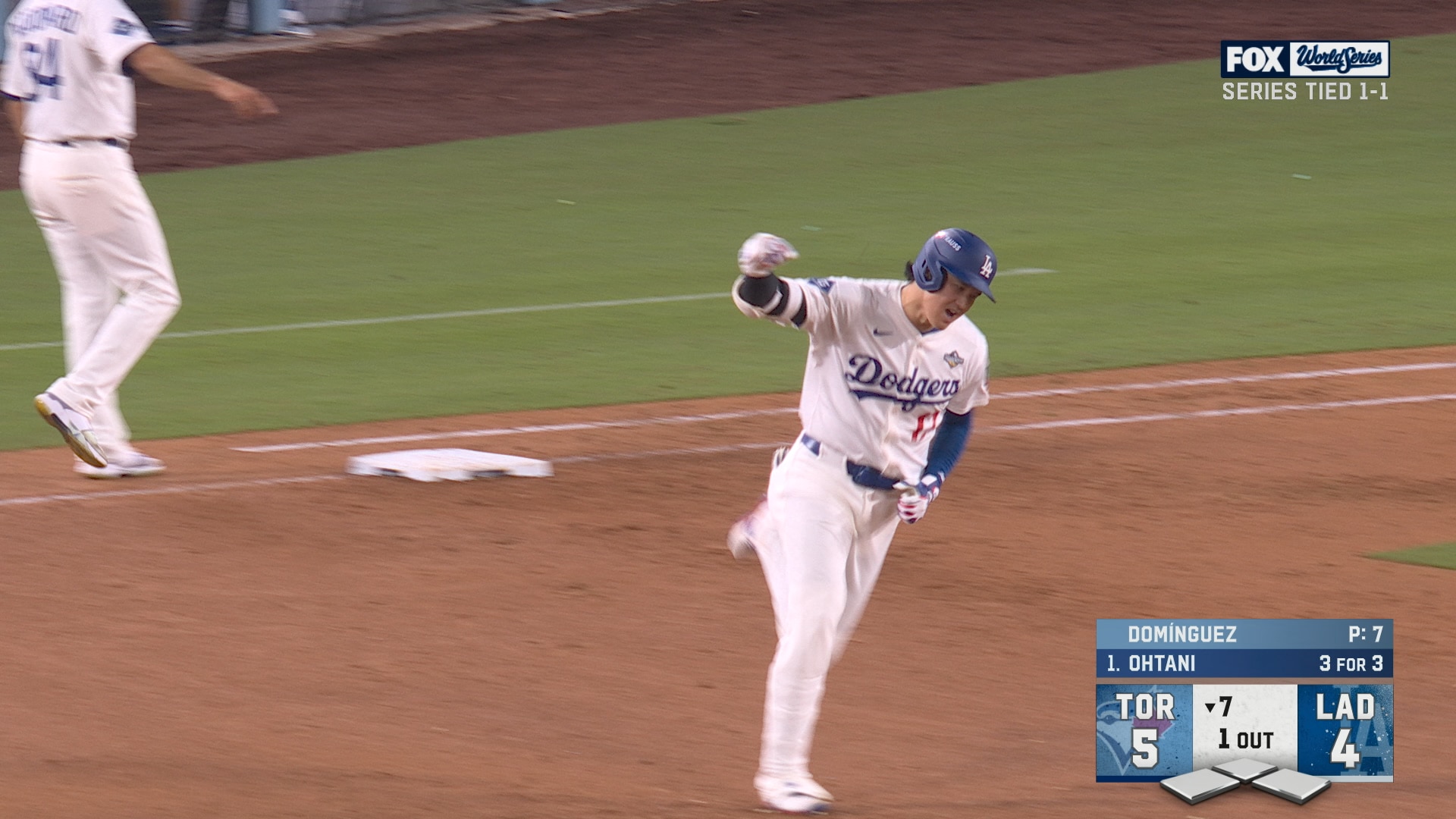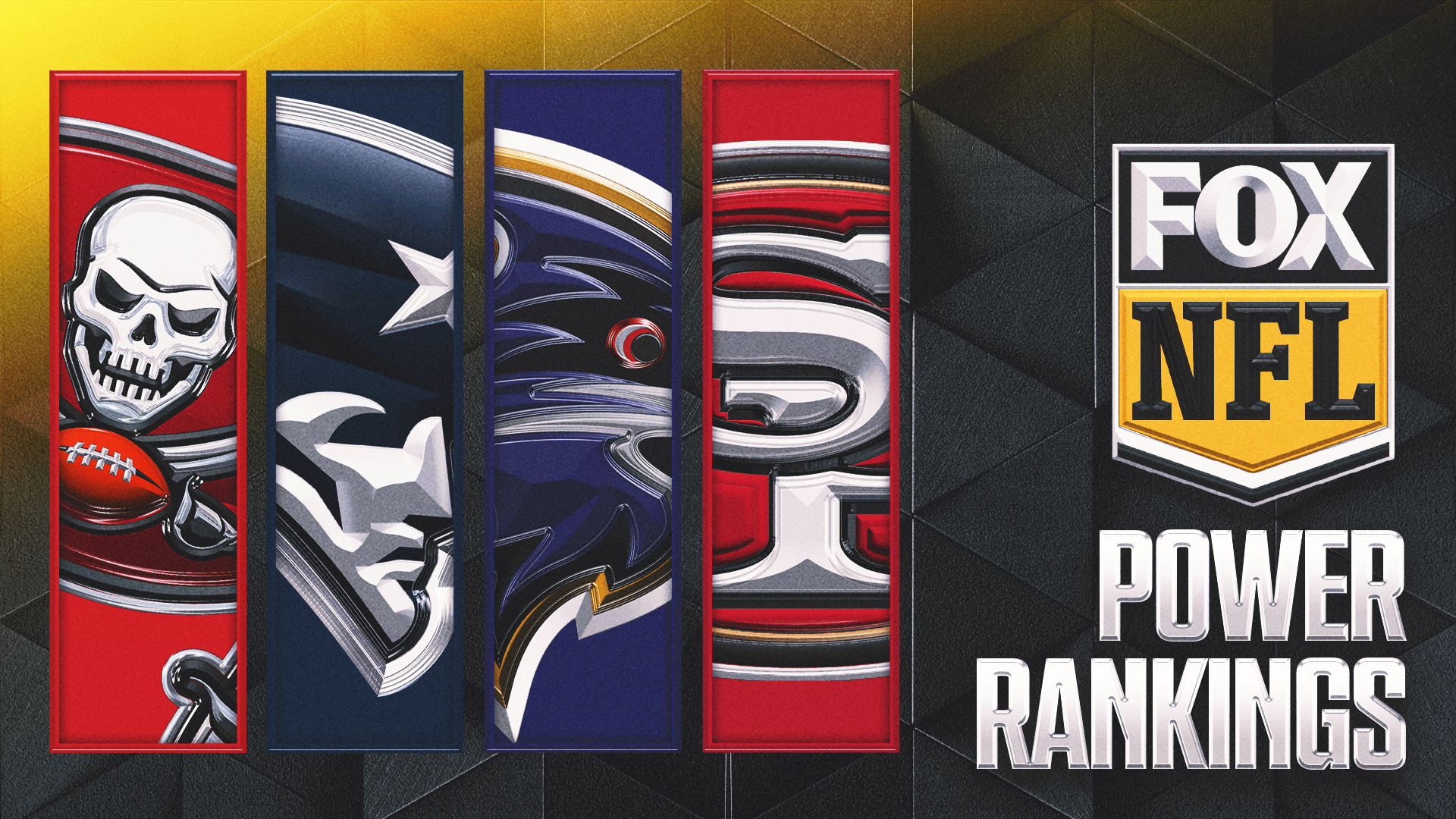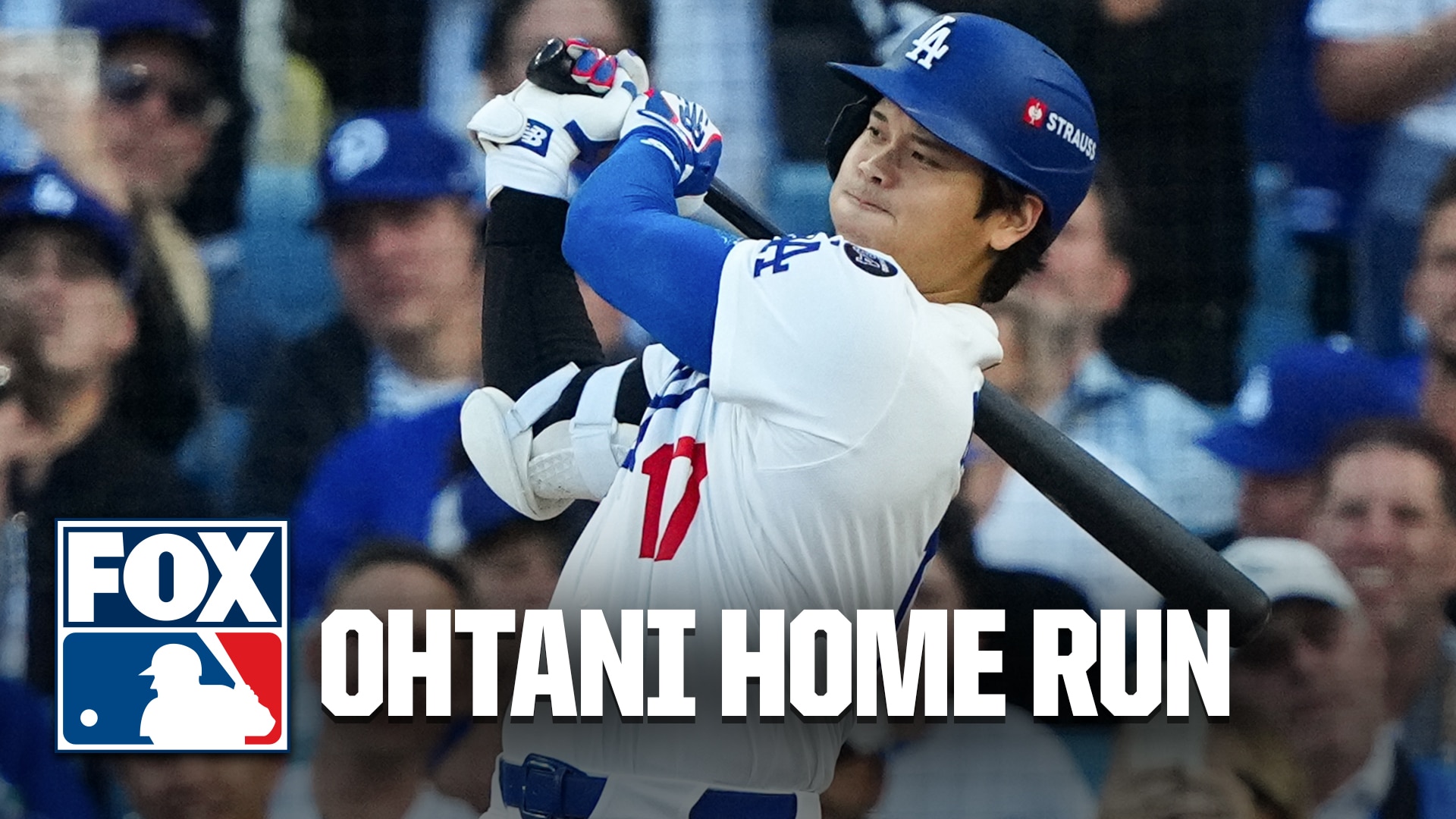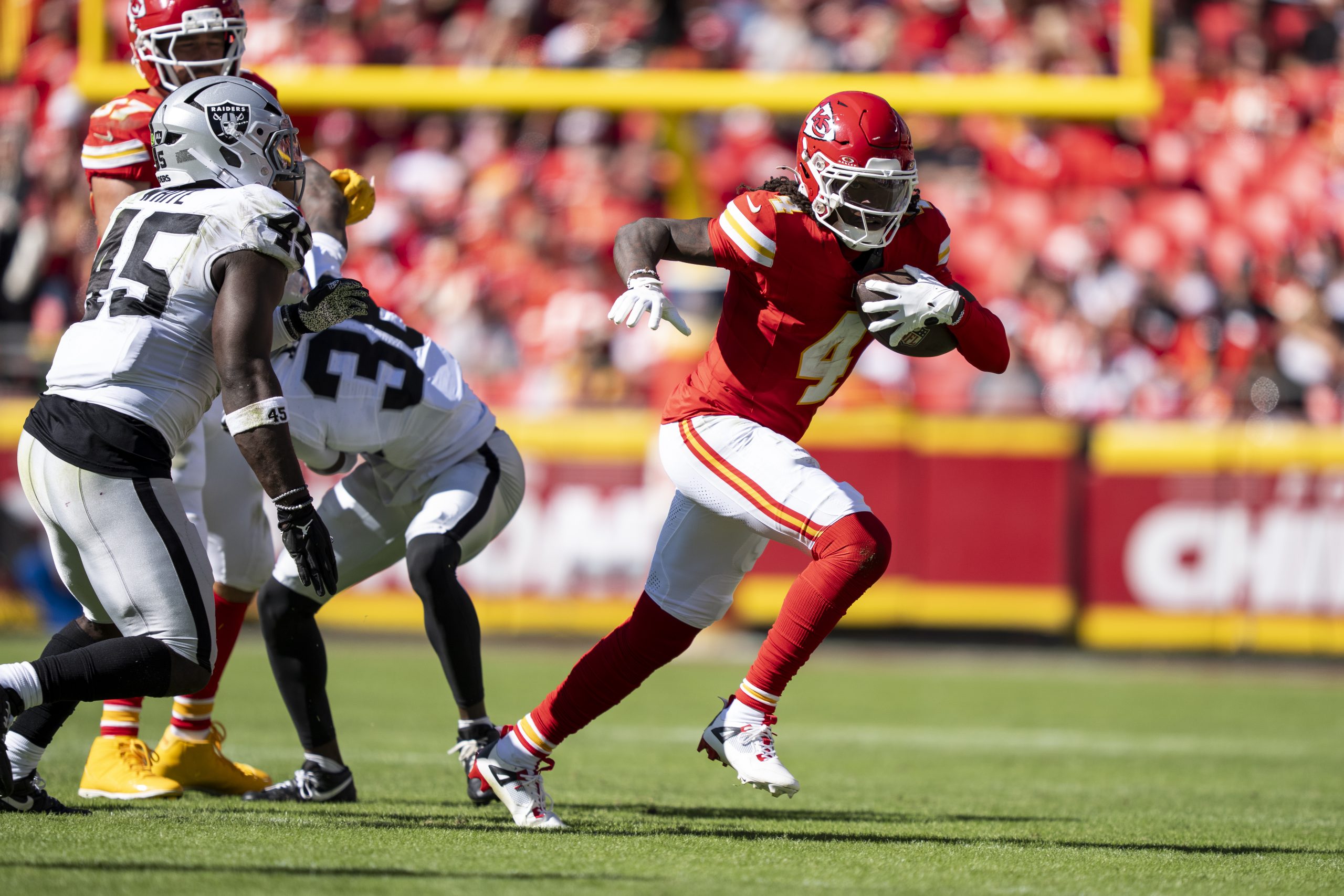The Boring Co. is acquiring real estate along planned expansions of its underground Las Vegas Loop, a move that some analysts view as a potentially risky investment with uncertain returns.
Why Is Musk’s Company Buying More Properties in Las Vegas?
Since the project’s launch in 2021, subsidiaries of the Boring Co. have bought eight properties along the route of the Las Vegas Loop, which is the privately operated underground transportation system led by billionaire Elon Musk. In addition, they have acquired a single-family home located outside the Loop’s proposed path.
The Loop began as a link between buildings on the Las Vegas Convention Center campus and has since extended to Resorts World, Encore, and Westgate resorts. Promoted as “public” transit, the company has proposed 68 miles of tunnels and 104 stations, aiming to transport up to 90,000 passengers per hour using Tesla’s self-driving cars. Planned stops include downtown Las Vegas, Harry Reid International Airport, and Allegiant Stadium, with travel times ranging from 2 to 8 minutes between stations.
Planning new developments along transportation routes is a common strategy. Known as transit-oriented development, this urban planning approach focuses on situating residential and commercial projects near transportation hubs, encouraging people to live, work, and shop in areas that are easily accessible by public transit.
Alan Adamson, a brand expert and co-founder of the consulting firm Metaforce, who has analyzed Musk’s business strategies, said that overseeing multiple facets of a project is typical for him. In this instance, Musk and his companies’ subsidiaries are not only building the Loop but also providing the vehicles for it and acquiring real estate near the stations.
What Are Some of the Issues With the Loop?
According to Nicholas Irwin, a UNLV economics professor who specializes in housing, studies show that proximity to transit adds value, but this typically applies to public transit, not a privately operated subway system, as in the case with Musk’s Loop. Irwin argues that the Loop doesn’t qualify as a true mass transit system, pointing to its high costs and limited capacity to move large numbers of passengers. Currently, Loop fares are $4.25 for a single ride, $7 for a round trip, and $12.50 for a day pass. By comparison, the Regional Transportation Commission (RTC) of Southern Nevada’s bus network is slightly more affordable, charging $4 for a single ride, $6 for a two-hour pass, and $8 for a 24-hour pass.
Additionally, the system seems somewhat inefficient and even clumsy. The Loop’s Tesla vehicles can carry up to four passengers at a time, despite being designed for five. Each car requires a human driver, as the cameras used for the vehicles’ autonomous functions lose calibration inside the tunnels, preventing self-driving operation.
It should also be noted that the Nevada environmental regulators have recently accused the Boring Co. of 800 environmental breaches regarding the construction of the Loop. This might lead to the temporary stopping of the ongoing Loop expansion as issues are ironed out, which will add more delays to Musk’s project.

 6 hours ago
8
6 hours ago
8


